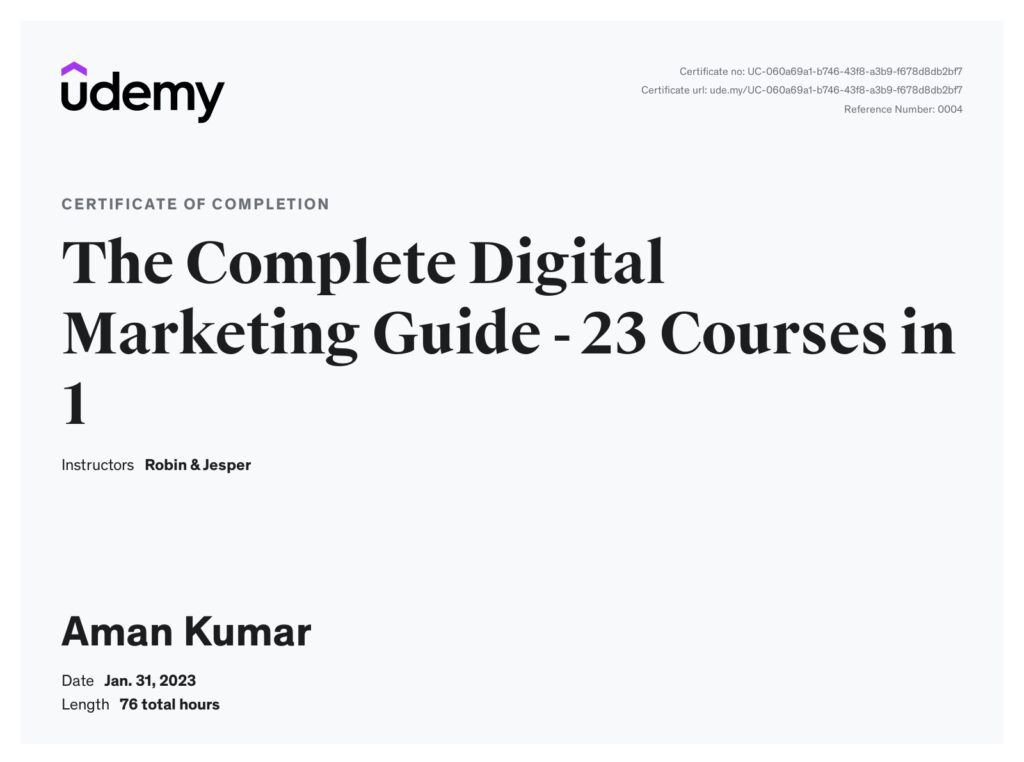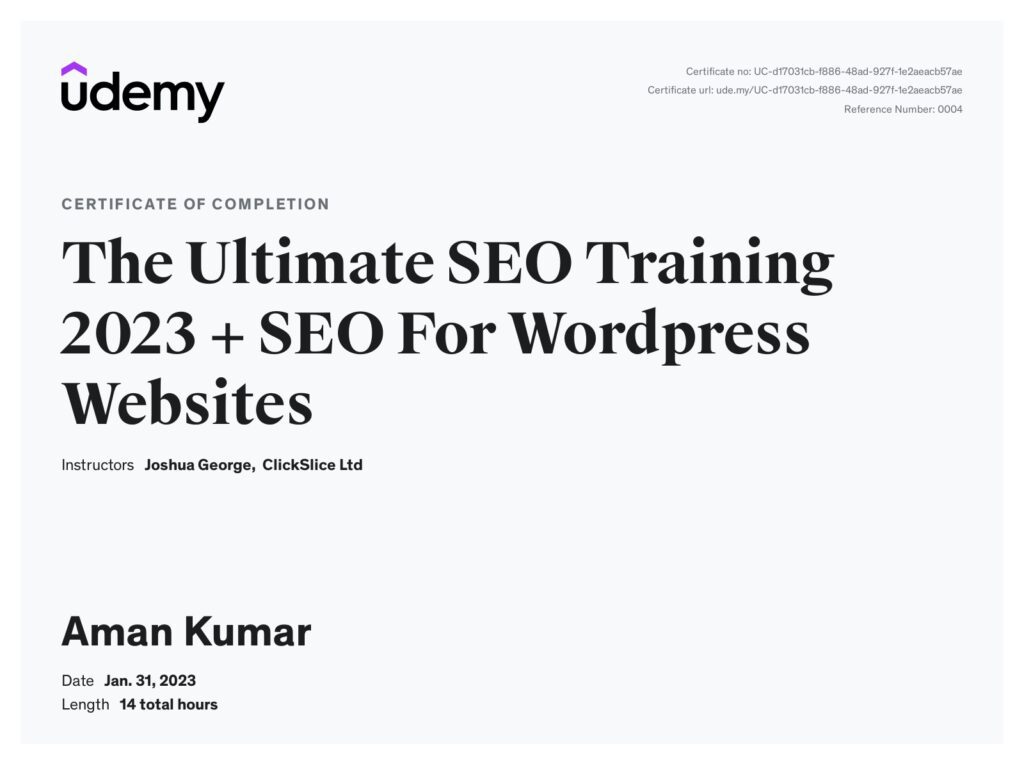The Complete Guide to Boosting WordPress Speed and Performance
Are you looking to make your website superfast?
Quick Page Loading Enhances User Experience, Boosts Pageviews, and Strengthens Your WordPress SEO.
In this informative article, we’ll divulge the top WordPress speed optimization techniques to enhance WordPress performance and accelerate your website

In today’s digital age, achieving optimal WordPress website speed is imperative. Slow-loading web pages not only frustrate visitors but can also harm your search engine rankings. Fortunately, even if you lack technical expertise, you can enhance your WordPress site’s speed for a seamless user experience. This comprehensive guide will walk you through step-by-step strategies to accelerate your website’s performance.
Why Website Speed Matters
Before diving into specifics, it’s essential to grasp the significance of website speed. Sluggish websites not only annoy users but also lead to higher bounce rates and diminished SEO rankings.
Table of Contents
-
Assessing Your Website’s Current Speed
-
Choosing the Right Hosting Provider
-
Optimizing Images and Media Files
-
Minimizing Plugins
-
Utilizing Content Delivery Networks (CDNs)
-
Implementing Caching
-
Cleaning Up Your Database
-
Optimizing CSS and JavaScript
-
Enabling GZIP Compression
-
Reducing Redirects
-
Mobile Optimization
-
Regularly Updating Your WordPress and Themes
-
Testing and Monitoring Your Website
-
Conclusion
Assessing Your Website’s Current Speed
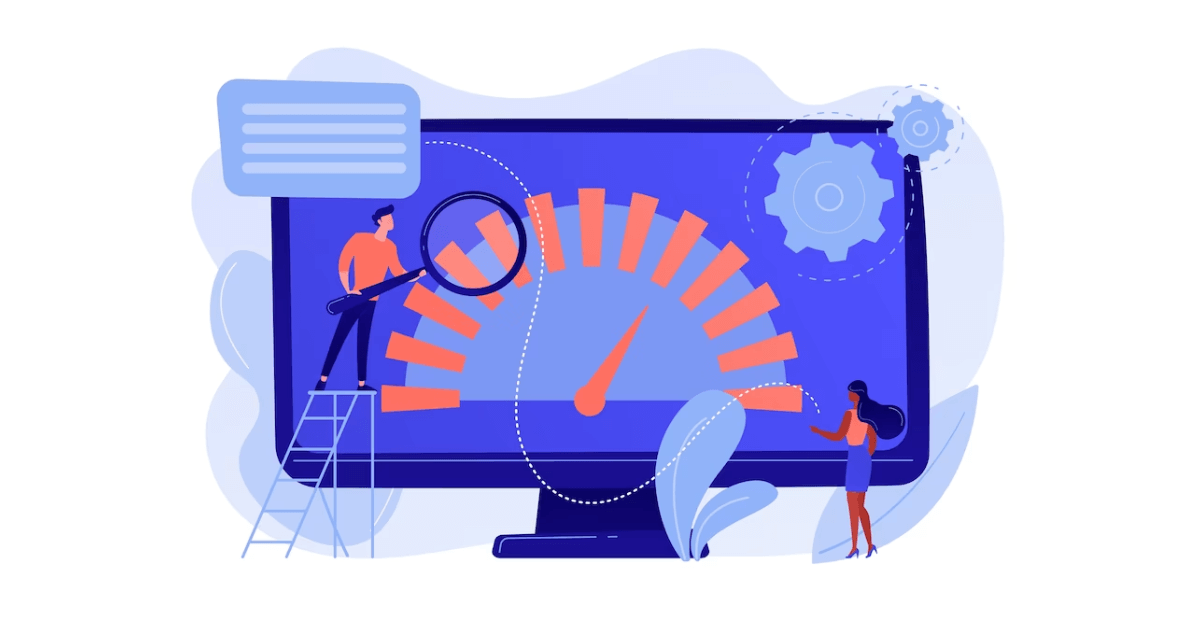
Start by evaluating your website’s current speed. Tools like Google PageSpeed Insights and GTmetrix can determine your site’s loading time and pinpoint areas for improvement.
Choosing the Right Hosting Provider
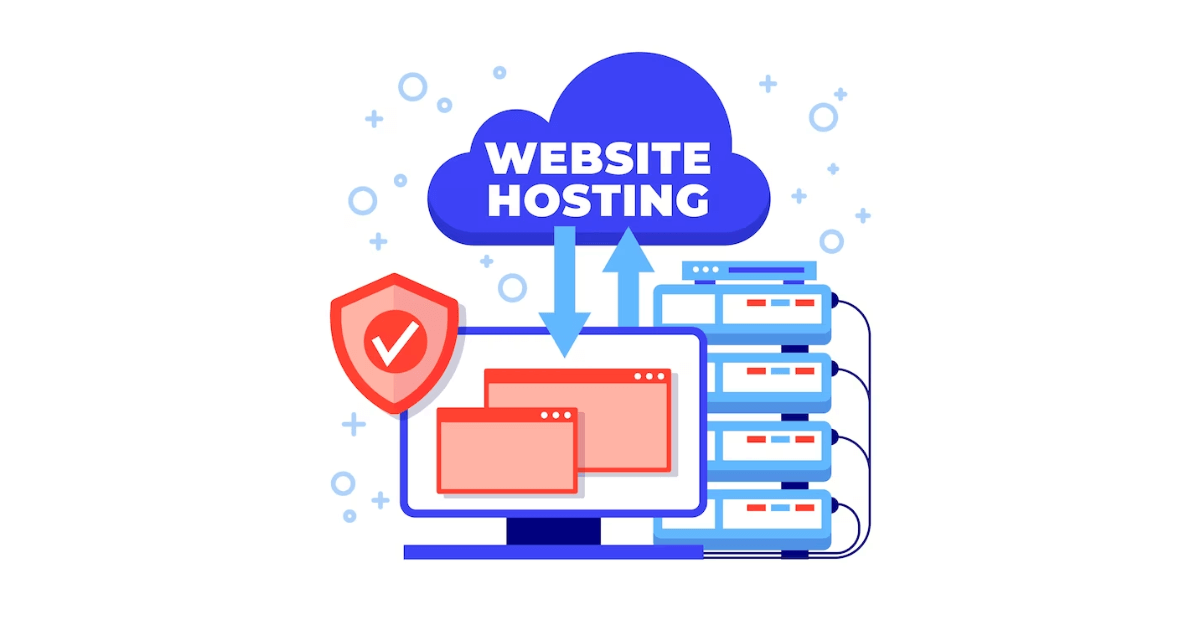
Your hosting provider wields significant influence over your website’s speed. Opt for a dependable, high-speed hosting provider capable of efficiently handling your website’s traffic. Key considerations include server location, scalability, and customer support.
Optimizing Images and Media Files
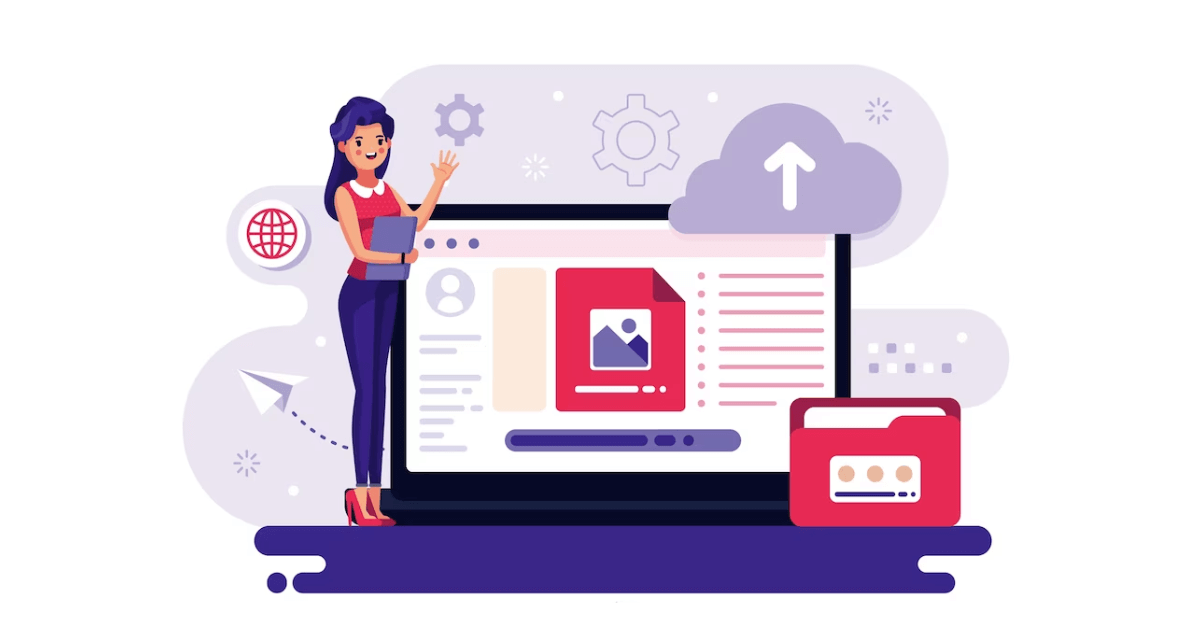
Large images and media files can hinder your website’s performance. Learn to compress images using tools like Photoshop or plugins like Smush, and use suitable formats such as JPEG or WebP to maintain quality while reducing file size.
Minimizing Plugins
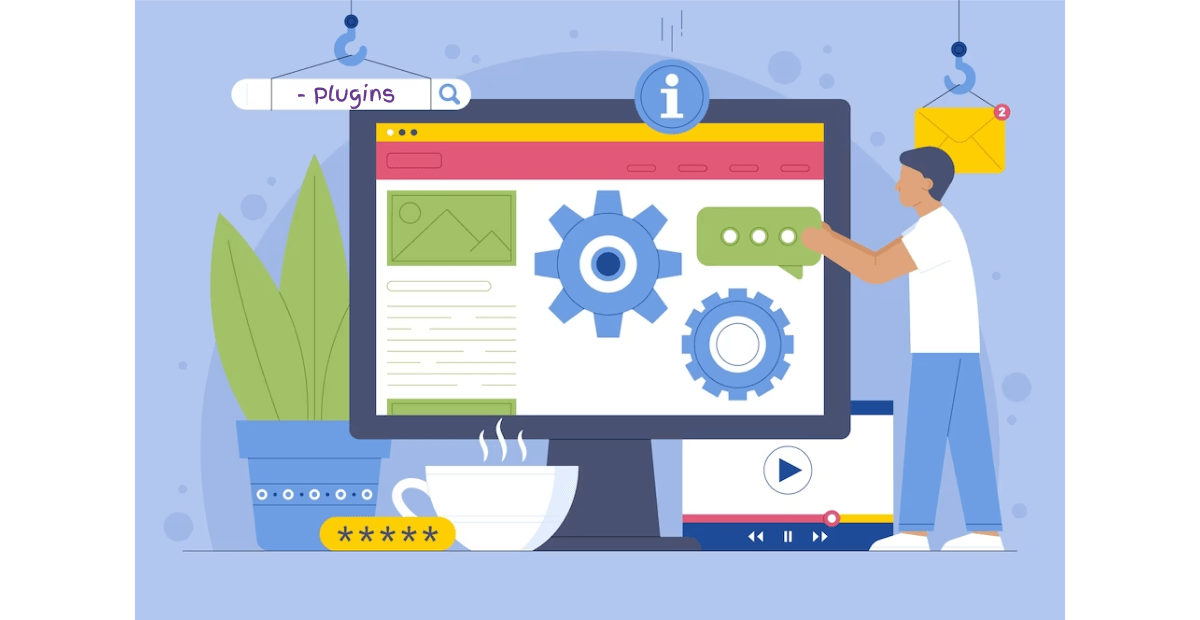
While plugins enhance functionality, an excessive number can hamper your website’s speed. Identify and eliminate unnecessary plugins to streamline performance, retaining only those essential to your site’s functionality.
Using Content Delivery Networks (CDNs)

CDNs distribute your website’s content across multiple servers worldwide, reducing loading times for visitors in various geographic locations. Consider utilizing popular CDNs like Cloudflare or Amazon CloudFront to expedite content delivery.
Implementing Caching
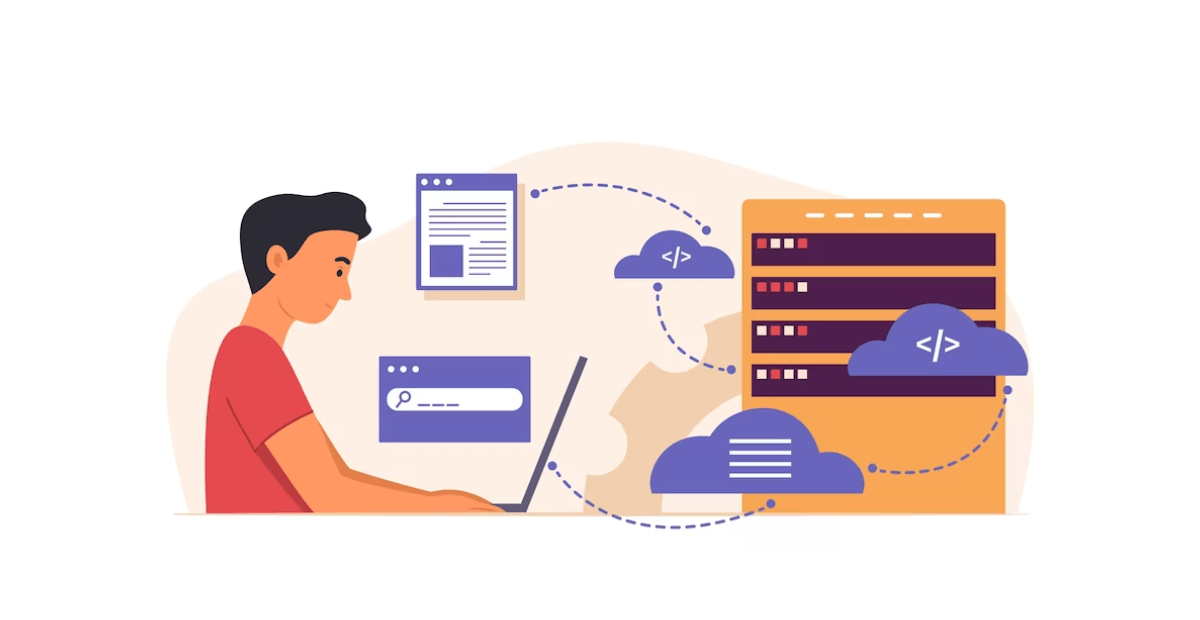
Caching temporarily stores data to expedite user requests. WordPress offers caching plugins like W3 Total Cache and WP Super Cache, which significantly enhance website speed by serving cached page versions.
Optimizing CSS and JavaScript
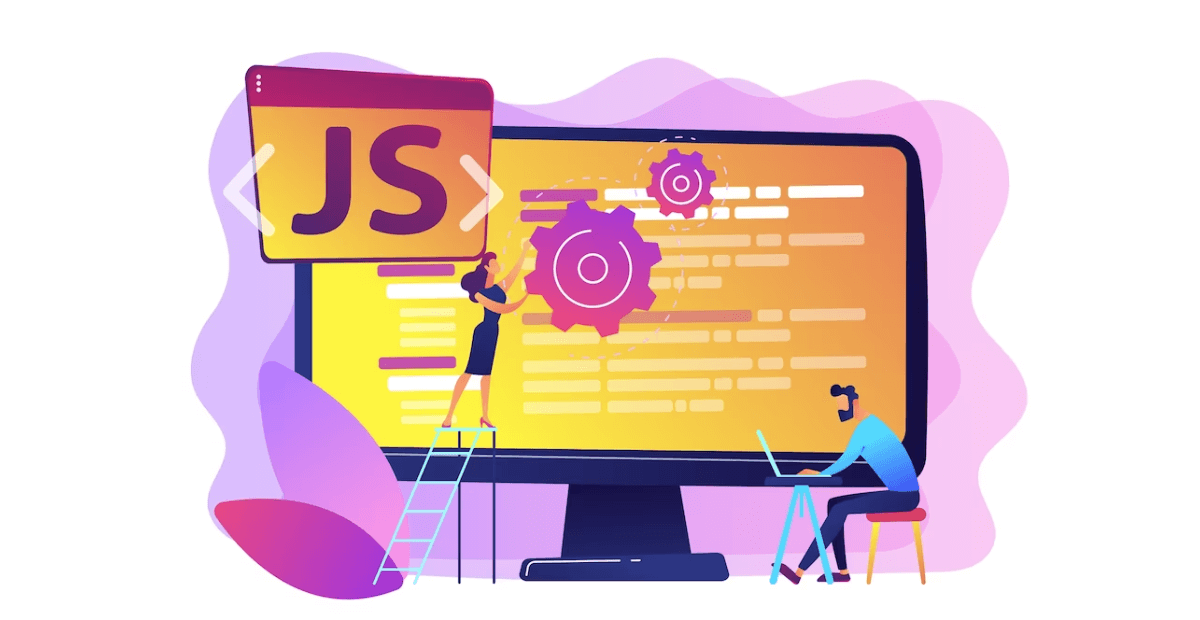
Minimize and optimize your website’s CSS and JavaScript files to reduce loading times. Achieve this by employing tools to concatenate and minify these files, thus minimizing HTTP requests.
Enabling GZIP Compression
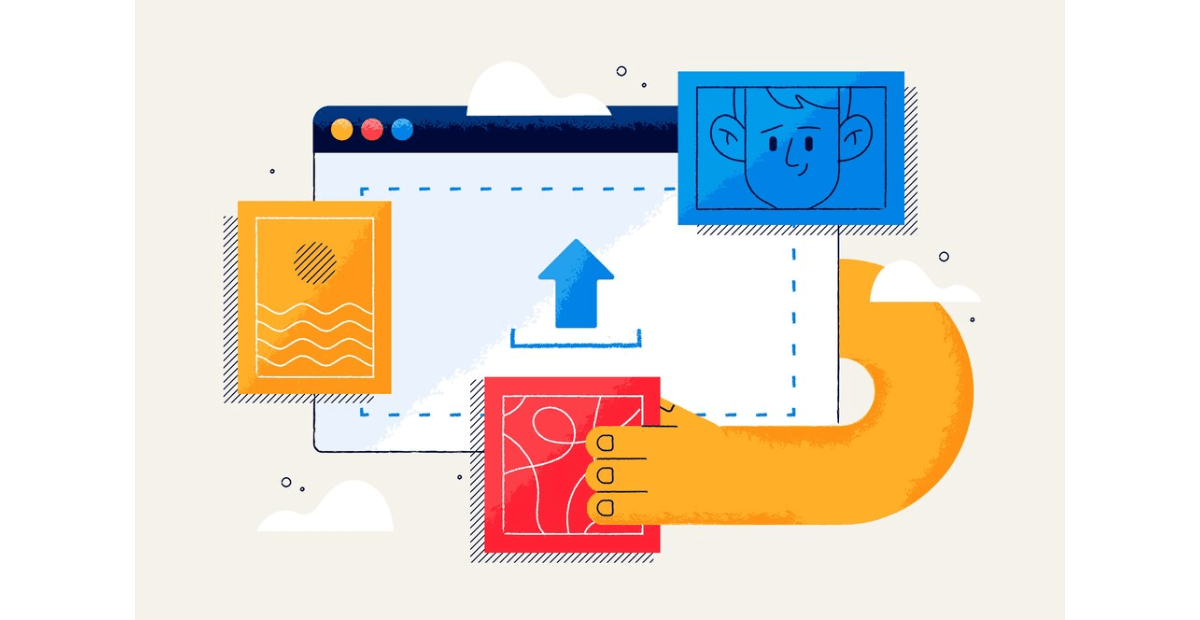
GZIP compression reduces file size during transfers between the server and browser, boosting website speed. Most hosting providers offer GZIP compression options in their control panels.
Reducing Redirects
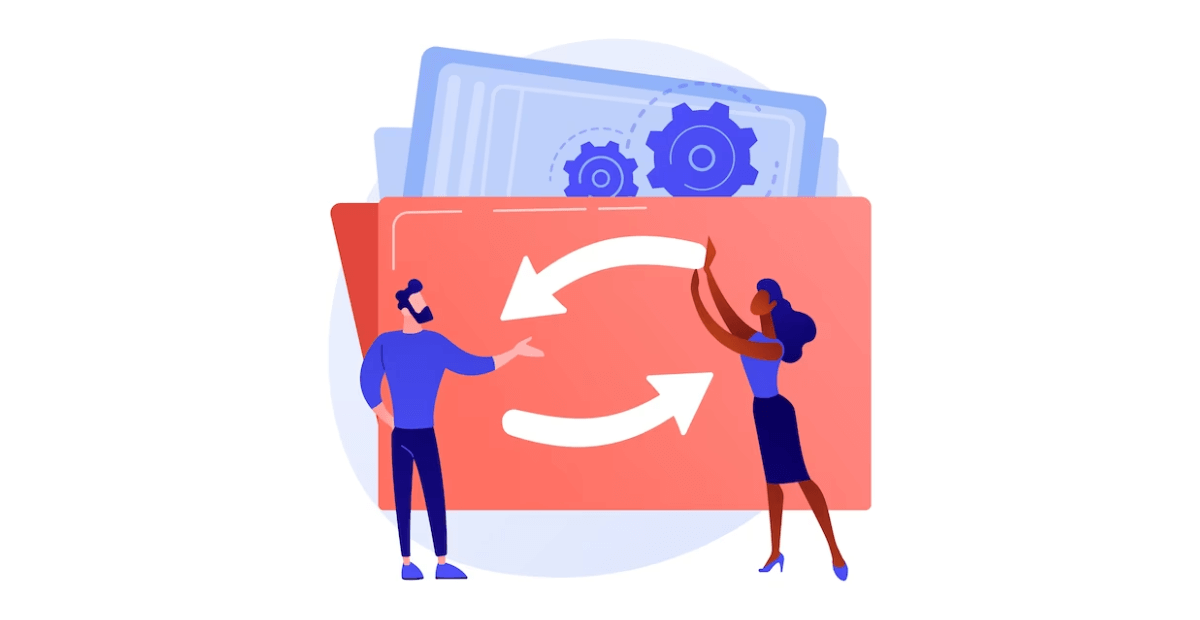
Excessive redirects can slow down your website. Minimize them by updating internal links and ensuring that external links point directly to the correct URLs.
Regularly Updating Your WordPress and Themes
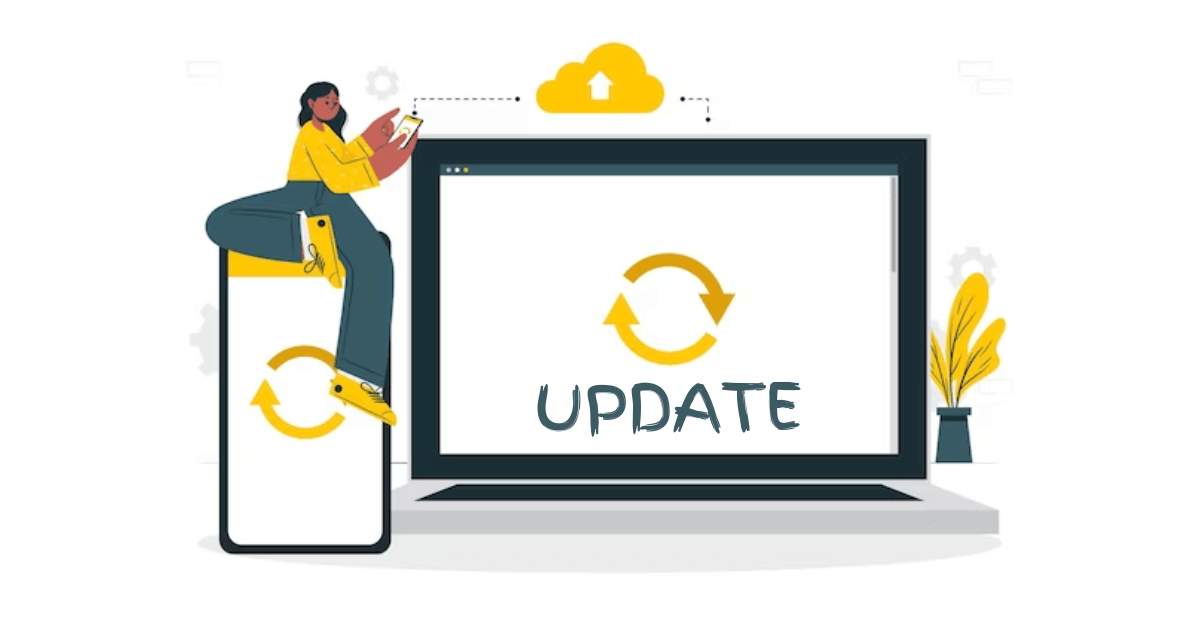
Outdated software can be both vulnerable and slow. Keep your WordPress core and themes up to date for optimal performance. Prior to updating, remember to back up your site to prevent potential issues.
Testing and Monitoring Your Website
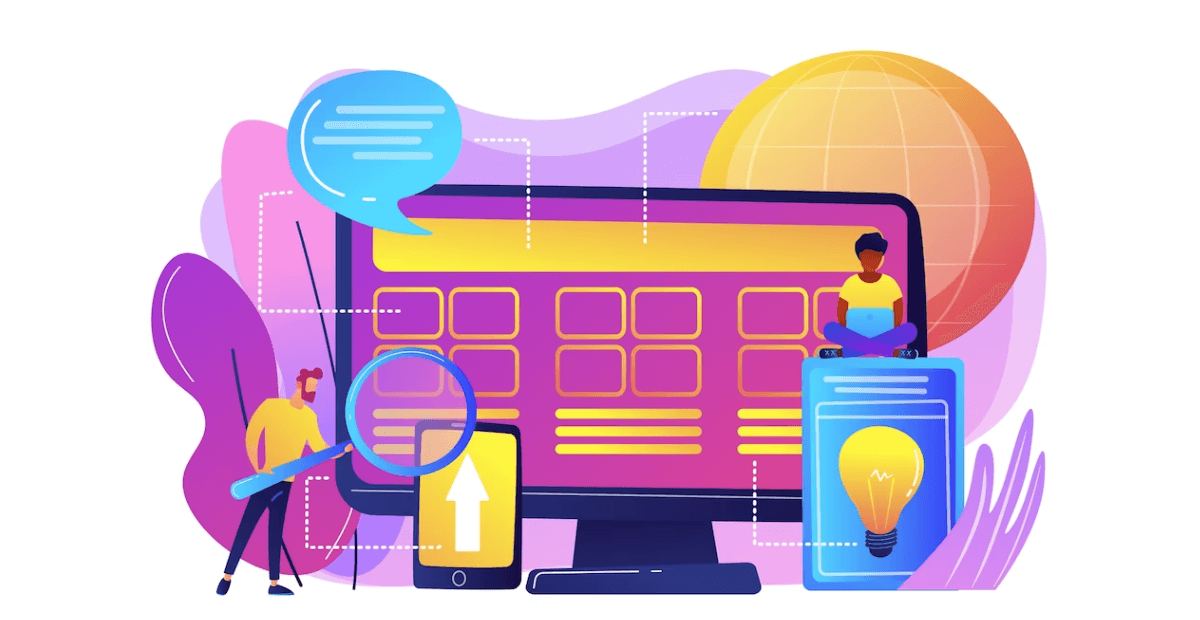
Continuously monitor your website’s speed and performance using tools like Google Analytics and Pingdom. Regularly run speed tests to confirm the effectiveness of your optimizations.
Conclusion
A faster WordPress website is within reach. By following the strategies outlined in this article, you can enhance user satisfaction, boost search engine rankings, and ultimately, elevate your website’s success.
FAQs
Why is website speed important for SEO?
Website speed is a Google ranking factor. Faster websites tend to rank higher, increasing their visibility in search results.
Do I need technical expertise to optimize my WordPress website’s speed?
No, many optimizations can be accomplished using user-friendly plugins and tools. However, some advanced techniques may require technical knowledge or assistance.
What is the ideal loading time for a website?
Ideally, your website should load in under three seconds. Slower loading times can lead to higher bounce rates and reduced user satisfaction.
Can I optimize my website’s speed without compromising image quality?
Yes, by using image compression techniques and selecting the right image format, you can maintain image quality while reducing file size, improving both speed and visual appeal.
How often should I update my WordPress core and themes?
It’s best to update them as soon as new versions are available to ensure prompt application of security and performance enhancements. Always back up your site before updating to avoid potential issues.


